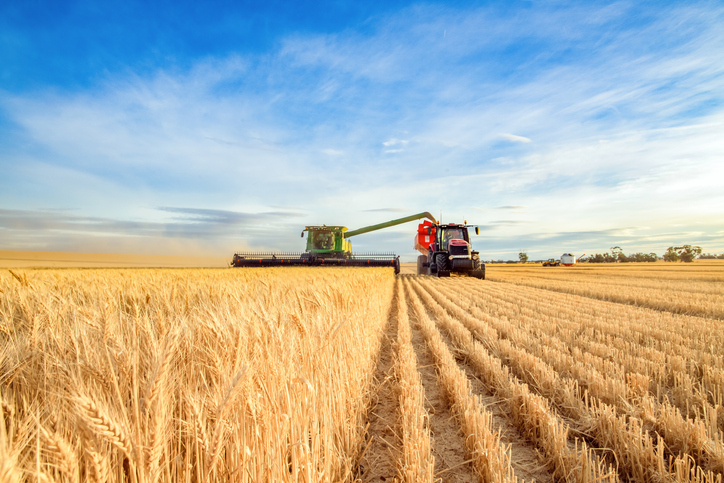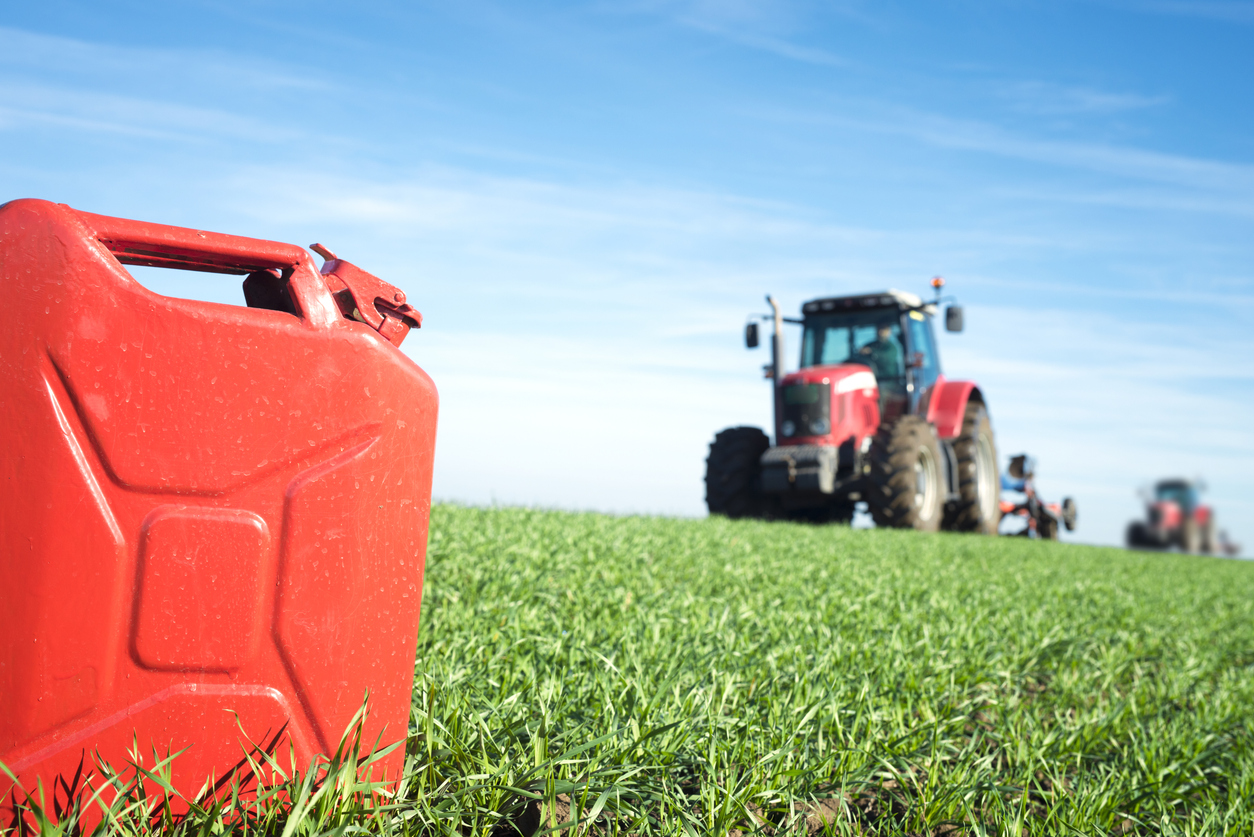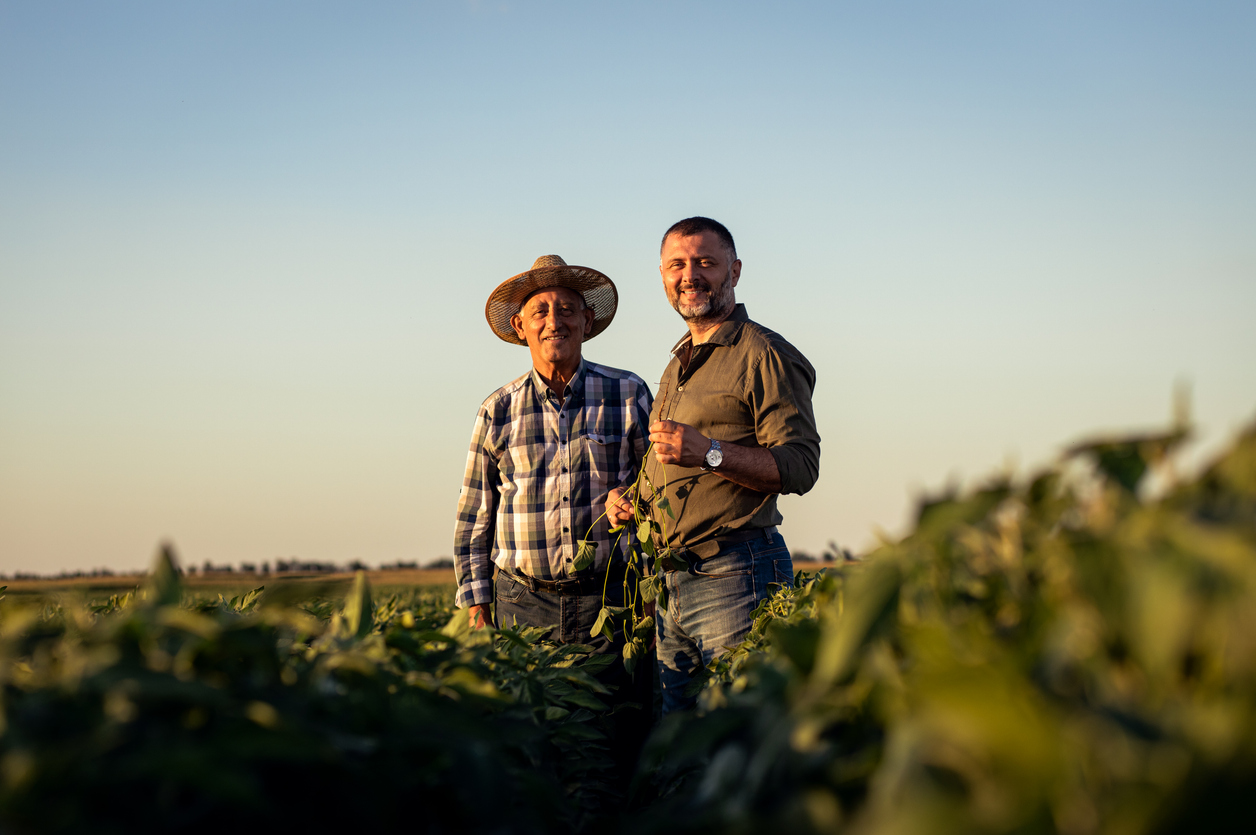Related Articles
Last week I had the privilege of writing about how the capital gains tax would effect farmland in our state.
I got some “love letters” for my efforts.
One writer declared via email, “Under the guise of an ‘opinion,’ you have perpetuated misinformation about the WA capital gains tax. The sale or transfer of real estate is exempt from the tax. There's policy arguments against the tax that you could have made. But instead, you chose to lie to farmers about how selling their acreage will subject them to the tax, when it won't. You should either clarify your comments and publish accurate information about the tax, or have the paper retract your article.”
Another wrote directly to the newspaper that published my op-ed, writing, “There’s understandable confusion about Washington’s new capital gains tax, recently validated by the Washington State Supreme Court. Some people have sought to use that confusion to stir up concerns with misinformation -- including in this paper.”
It is true there is confusion, but it is coming from the Supreme Court and the Washington State Department of Revenue.
For example, the Washington State Department of Revenue (DOR) website lists all transactions that are supposed to be exempt from the capital gains tax. Among the items listed is “real estate” and “farmland.”
However, even staff from that same department acknowledged that farmland, under certain circumstances, is not exempt from the capital gains tax. As did an independent source.
In 2021, members of the ag lobby asked for clarification on the issue. They reported later that:
“Both the Department of Revenue and an independent CPA who specializes in agriculture have informed us that Sec. 6(2)(b)(iii) on page 5 of the bill as passed the House, would result in taxing farmland.”
Further, in an email sent before the Supreme Court ruling, DOR staff acknowledged farmland would not be exempt when land changes hands between legal entities. DOR staff responded to a hypothetical farmland sale scenario with the following:
“Assume the following facts, which are based on your hypothetical scenario:
· Corporation owns LLC.
· LLC owns farmland directly.
· Corporation does not own farmland directly.
Given these facts, the applicability of the exemption would depend on which entity ownership interest is being sold or
exchanged by the individual.
- If the individual is selling or exchanging their interest in Corporation, then they would not be able to claim any exemption (added emphasis is mine) under Section 6(2) based on the farmland owned by LLC, since such farmland is not owned directly by Corporation.
- If the individual is selling or exchanging their interest in LLC, then they would be able claim an exemption under Section 6(2) based on the farmland owned directly by LLC.”
I didn’t make these rules or determinations. Nor am I the first person to discuss this issue. Back in 2021, when the law was passed, these concerns were brought to the fore. The members of the agricultural community should be aware of the issues with the capital gains tax as it relates to their future.
Alerting people who’ve laid out a particular plan for the future to potential complications is critical to the ability of farmers and ranchers to plan. It ensures those folks have the chance to pivot and make the changes necessary to avoid losing money.
The Department of Revenue staff should clarify this issue and if farmland is exempt – or under what circumstances it is exempt – they should say so.





